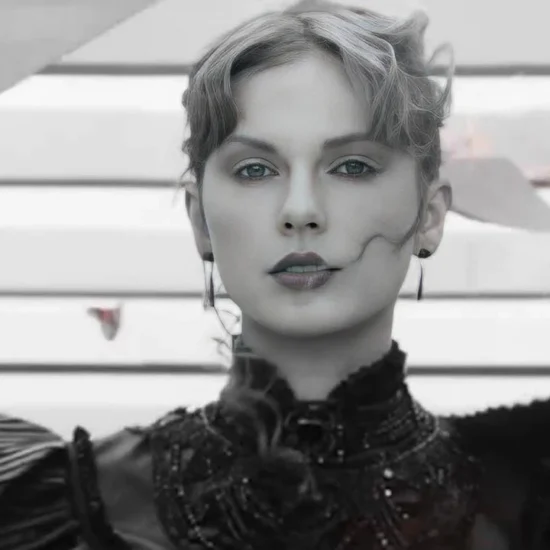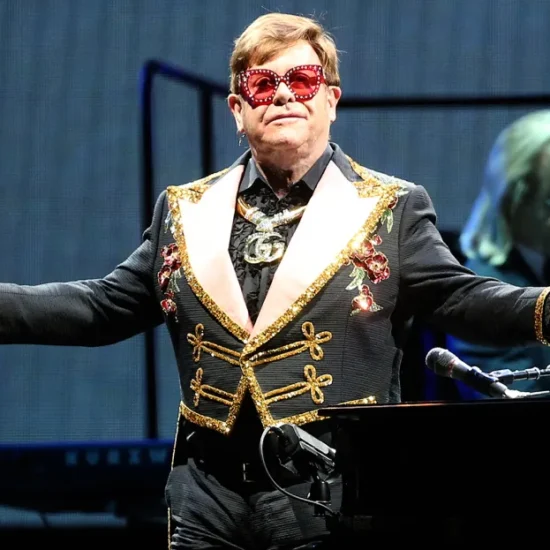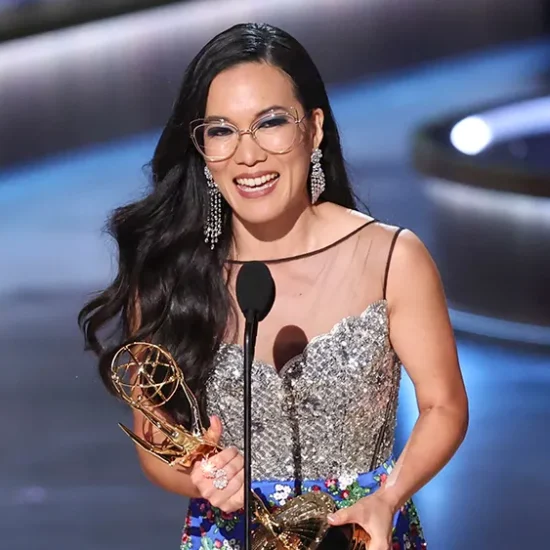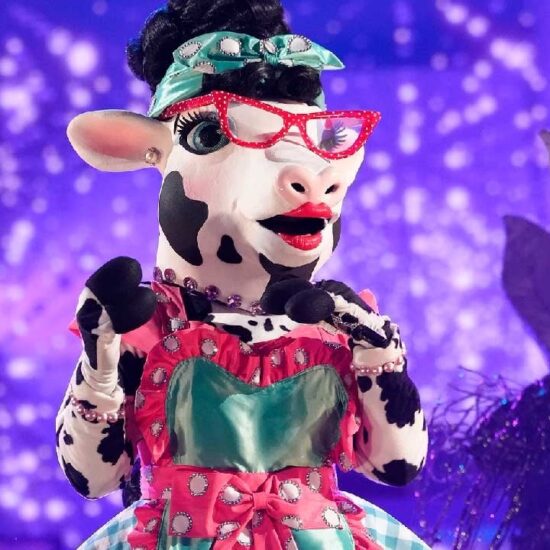
The Television Academy’s music branch is leading the way in awarding diversity. Forty-six percent of all of this year’s nominees in the music categories are women, people of color, or both.
Nine of the 41 nominees, or 22 percent, are women; 13 of the 41, nearly a third, are people of color. While the female contingent is a slight decline from last year (27 percent were women), the POC percentage is way up (from one-fifth of the nominees last year).
Women composers are nominated in five of the seven music categories; people of color, in six of the seven. It is a near-complete repudiation of the decades-long, studio-promulgated white male power structure that kept both women and POC out of contention for prime gigs.
Academy officials are elated.
Music governors Jeff Russo and Sherri Chung issued this statement to Variety: “We’re very excited about the representation in this year’s list of nominees. It’s not only a great testament to the importance of diversity and inclusion within our music community, but it’s also an example of how our industry has taken steps to seek out new, unheard voices to meet the demand of increased content creation.”
Siddhartha Khosla became the first South Asian composer – and, in fact, a rare instance of any composer – to be nominated in three categories: score for a series and main-title theme (both for Hulu’s “Only Murders In the Building”) and song (NBC’s “This Is Us”).
Terence Blanchard, among the most prominent of American Black composers, received his first Emmy nomination for the Apple+ documentary “They Call Me Magic.” Egyptian composer Hesham Nazih was acknowledged for music for the Marvel series “Moon Knight,” and British-Indian composer Nainita Desai earned a nod for the Netflix doc “14 Peaks: Nothing Is Impossible.”
Chilean-born Cristobal Tapia de Veer received two nominations (limited-series score and main-title theme) for “The White Lotus,” and South Korean composer Jung Jae-il was cited for his theme for “Squid Game” – to say nothing of the twin song nominations for Zendaya and Labrinth for “Euphoria,” Rickey Minor’s two nominations for music direction on “The Kennedy Center Honors,” and Adam Blackstone’s third nom for music directing a Super Bowl Halftime show.
Natalie Holt earned two nods for “Loki” (series score, main-title theme), Jessica Jones one for “The Tindler Swindler,” and no fewer then four women were among the seven nominated for music supervision (Jen Malone for “Euphoria,” Robin Urdang for “Marvelous Mrs. Maisel,” Nora Felder for “Strange Things,” Janet Lopez for “The White Lotus”).
“The industry as a whole is making a concerted effort to shift the tide,” says Russo (“Star Trek: Discovery”). “There are simply more women, more people of color, doing these gigs, and they’re doing wonderful work. The Academy recognizes great work; that’s what we do.”
Surprisingly, Russo says he expected this. “Not as a governor, but as a composer and someone who voted, I saw what was happening. We are thrilled.”
Chung (“Kung Fu”), the Academy’s first woman music governor, adds: “For someone like me, who is female and a person of color, it’s astounding to see the representation change. The industry has opened itself up to lesser heard voices.
“Having different stories – and diversity in directors and writers and producers and showrunners – lends itself to allowing newer voices to be heard on the music side. To me, this is an example of the awareness of the need, and the creative necessity as well. It’s a fantastic example of what our industry at large is doing – our awareness, our willingness and desire to celebrate good work, no matter who’s creating it.”
Raashi Kulkarni, executive director of the Allliance for Women Film Composers, adds: “This is an exciting time during which formerly underrepresented artists from different backgrounds are starting to be recognized in our industry. Though there’s still work to be done, traction is being made to showcase and celebrate diverse talent and perspectives.”














